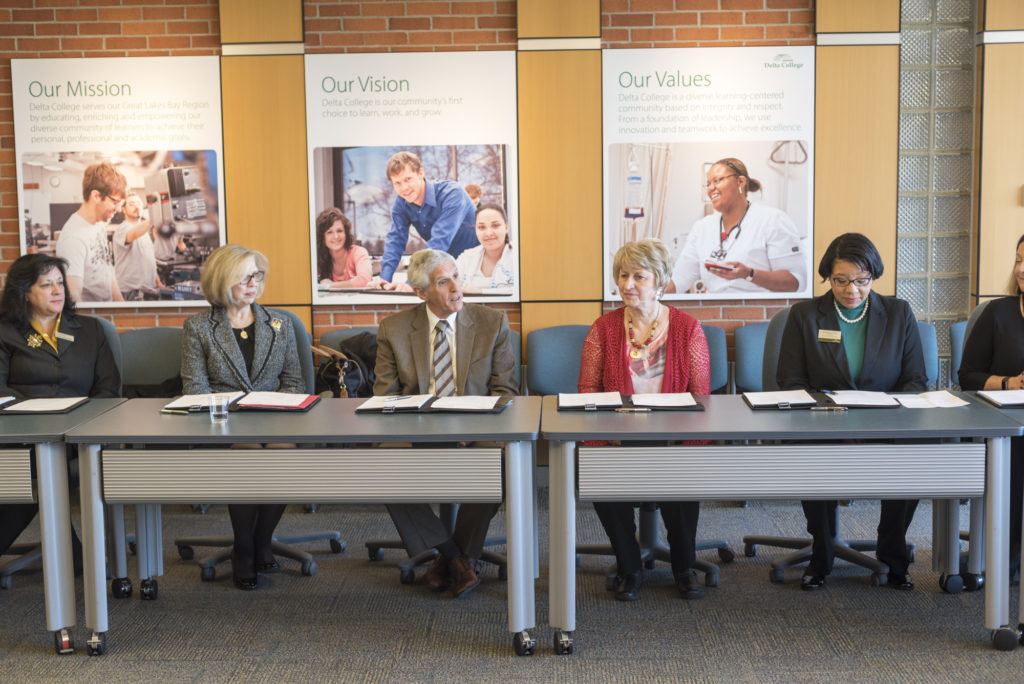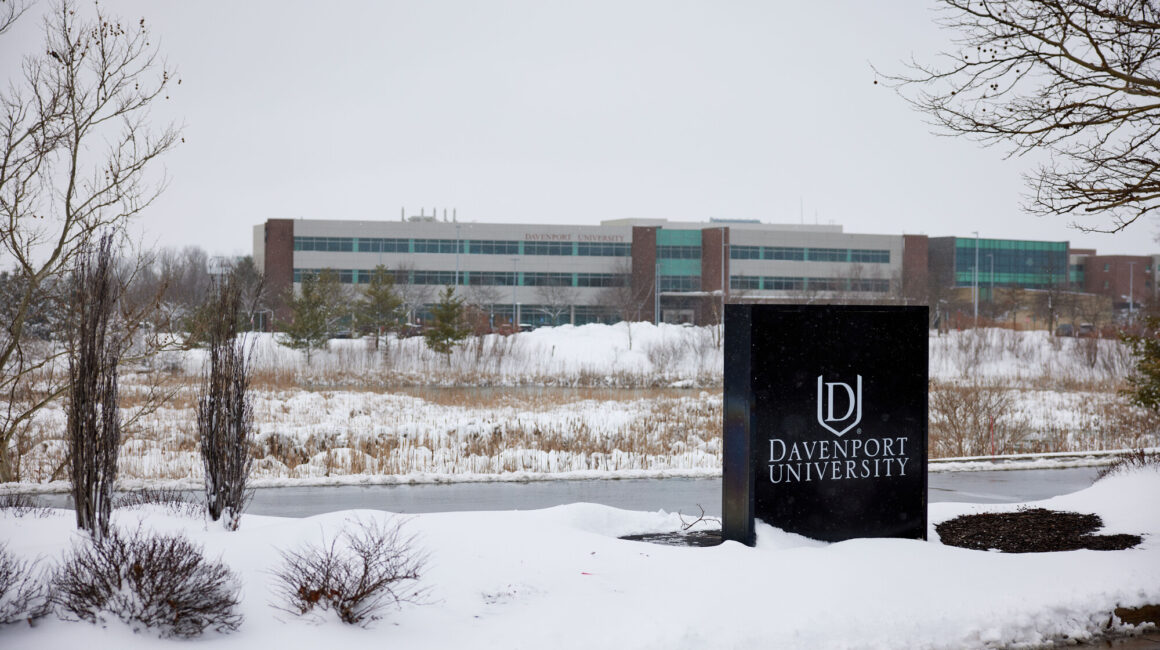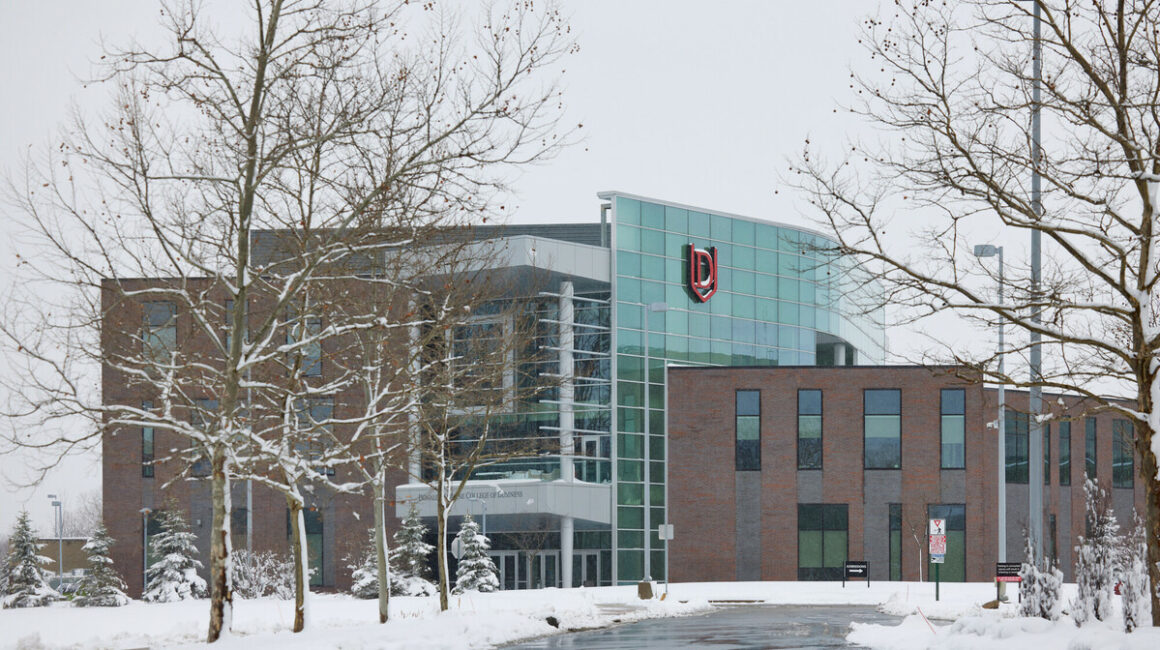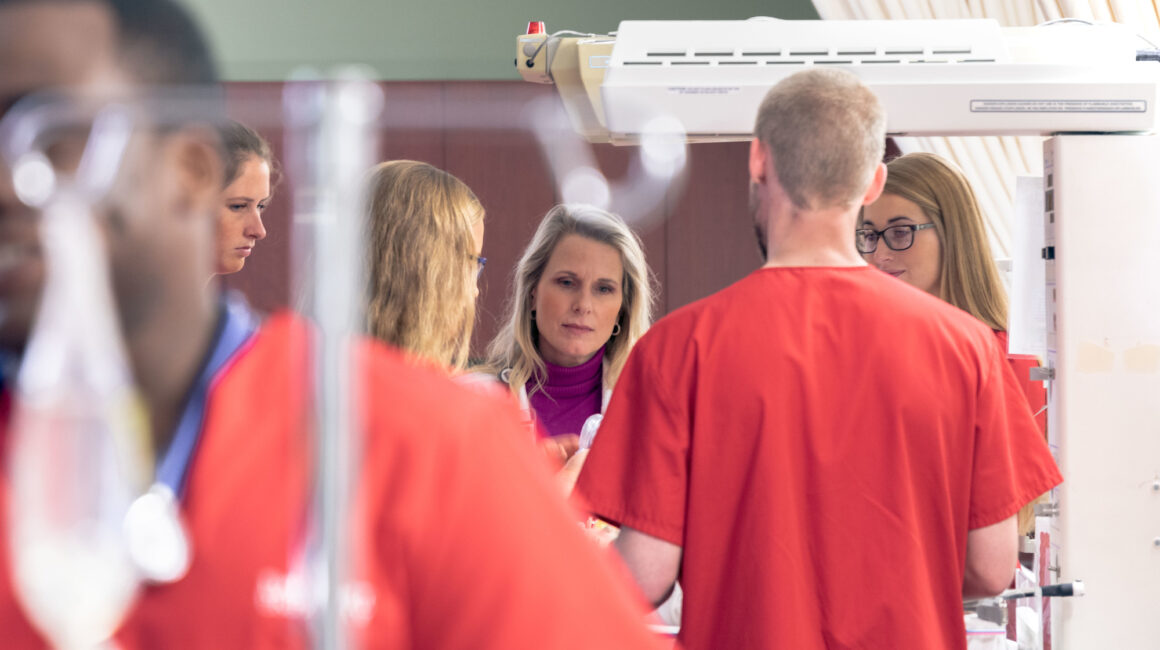

Delta College and Davenport University have formed a new partnership that enables students accepted into Delta’s Associate of Applied Science Degree in Nursing program to enroll in DU’s Master of Science in Nursing Concurrent Enrollment Program. This program would allow students to transfer credits toward DU Bachelor of Science in Nursing degree completion program and continue on to a Master of Science in Nursing at DU.
“Partnering with Delta College is a huge plus as Davenport seeks to serve health professions students in the Great Lakes Bay region,” said Dr. Richard Pappas, President of Davenport University. “This agreement gives nursing students an opportunity to continue their education and advance their careers in an in-demand field.”
The pathway for a student would be to earn their associate degree from Delta, pass the registered license examination, then earn a total of at least 121 semester hours toward the BSN degree completion program from Davenport, including credits earned from Delta College. Then, students can proceed to earn a total of at least 36 credit hours toward the MSN-Generalist degree or 46 credit hours toward the MSN-Family Nurse Practitioner degree.
“This agreement provides a streamlined path for our students to move beyond the Associate of Applied Science Degree in Nursing at Delta College to gain their bachelor’s and master’s degrees,” said Dr. Jean Goodnow, President of Delta College. “Davenport truly maximizes the value of the college credits already earned at Delta toward their degrees. Delta provides a great program to help students get started in healthcare, and Davenport will help them if they’d like to further progress in their careers.”
The Master of Science in Nursing Concurrent Enrollment program is a special program designed for dedicated students who want to earn their nursing degrees in the shortest amount of time, with some able to complete their associate and bachelor’s degree programs in as little as three years. The program not only helps students get ahead quicker, it helps address the growing demand for nurses anticipated by the U.S. Bureau of Labor.





No Responses